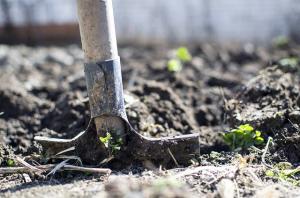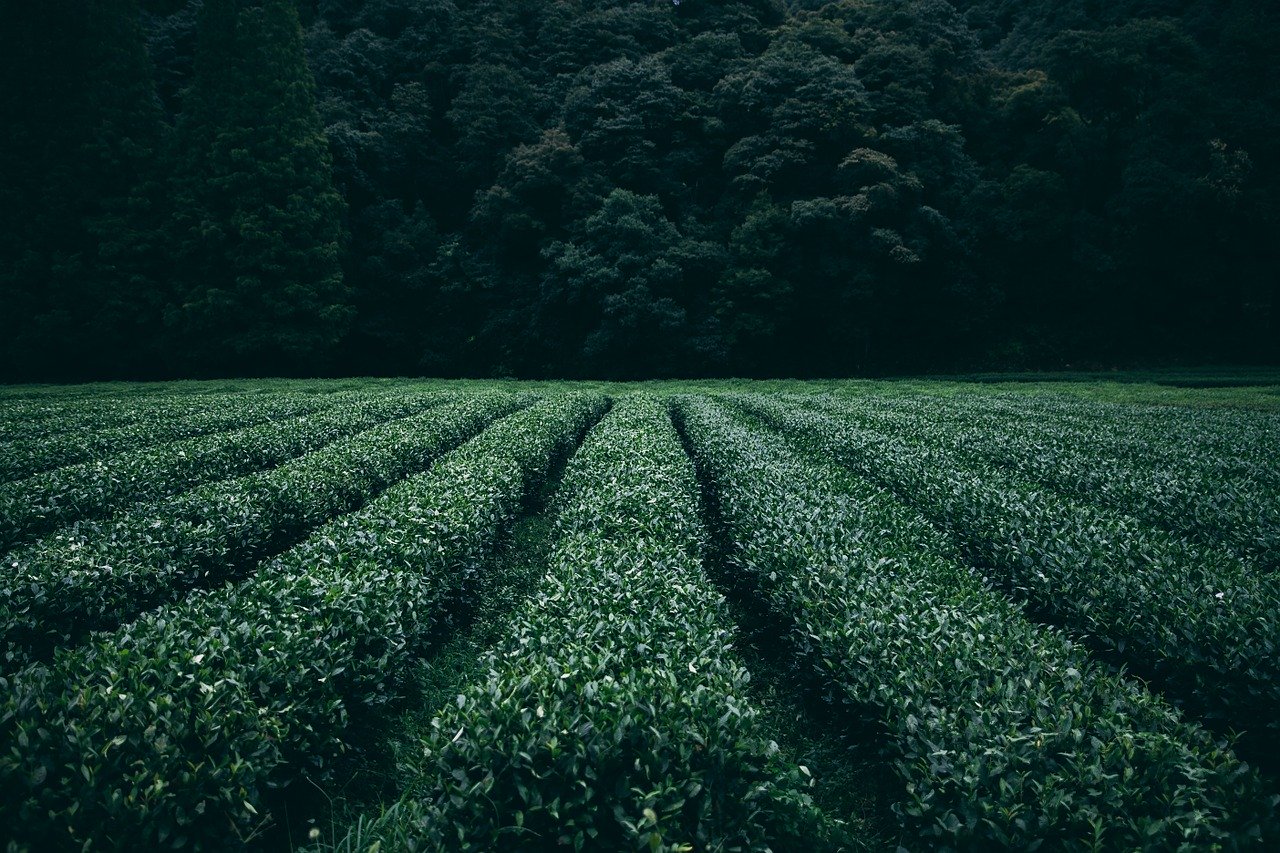- 11 reads

One of the driving forces behind organic farming is the fact that the use of resources and the environmental damage caused by these methods are much less than what’s seen with traditional agricultural systems. While this is true, it doesn’t mean that organic farming doesn’t have its own obstacles. For example, with organically grown produce, the yields are often smaller and it’s typically more expensive on the consumer level.
Due to the potential difficulties’ organic farmers face regarding the ability to grow larger crops while offering more affordable prices, the concept of adapted tools has come to light. These are essentially conventional farming tools like a broadfork that are altered and updated to better suit the needs of the modern organic farmer and can be bought online from professional shops like Easy Digging.
Understanding Organic Farming
Before diving into ways to improve the organic farming methods, it’s important to better understand what organic farming is.
Essentially, this is an agricultural method that creates healthy environments, healthy plants, healthy soils, and healthy food a priority, along with overall crop productivity. With organic farming, the farmers use only biological fertilizer inputs along with management practices, such as crop rotation and cover cropping to help build more organic matter in the soil and to improve overall soil quality.
When the organic matter in the soil is increased, an organic farmer is working to improve the ability of the soil to absorb water, which reduces the impact of potential flooding or drought. Also, by improving the organic matter in the soil, it helps to absorb and to store carbon, along with other nutrients required to grow a healthy crop, which results in the ability of these crops to resist diseases and insects.
The Rise of Adapted Farming Tools and Equipment
Based on the concept that farmers are innovators, this group of industrious individuals has been working collaboratively to develop practices and methods that help them reclaim farming skills while achieving self-sufficiency in relation to the machinery and the tools being used for organic farming practices.

The Self-Built Machinery Era in Organic Farming
In France, along with many other “developed” countries, the technological practices used in agriculture are primarily driven by the argo-industry and, therefore, correspond with the developing needs. The development of self-built machinery and tools being adapted to smaller-scale farming has the potential to have a significant, positive impact on the continued growth of the organic farming industry. It also has the ability to contribute to the improving practices used by modern-day organic farmers.
Some of the most popular adapted tools available today include a roller, which works to break up larger clumps of soil and flatten the land; a bed rider which is used for incorporating green manures and crop residue in the soil (rather than a plough); a wheel hoe used for weeding in between crop rows; and a tilter, used for cultivation purposes.
As you can see, the use of adapted tools may make your organic farming efforts more effective and more successful. Consider these items to improve your processes and your yield.

